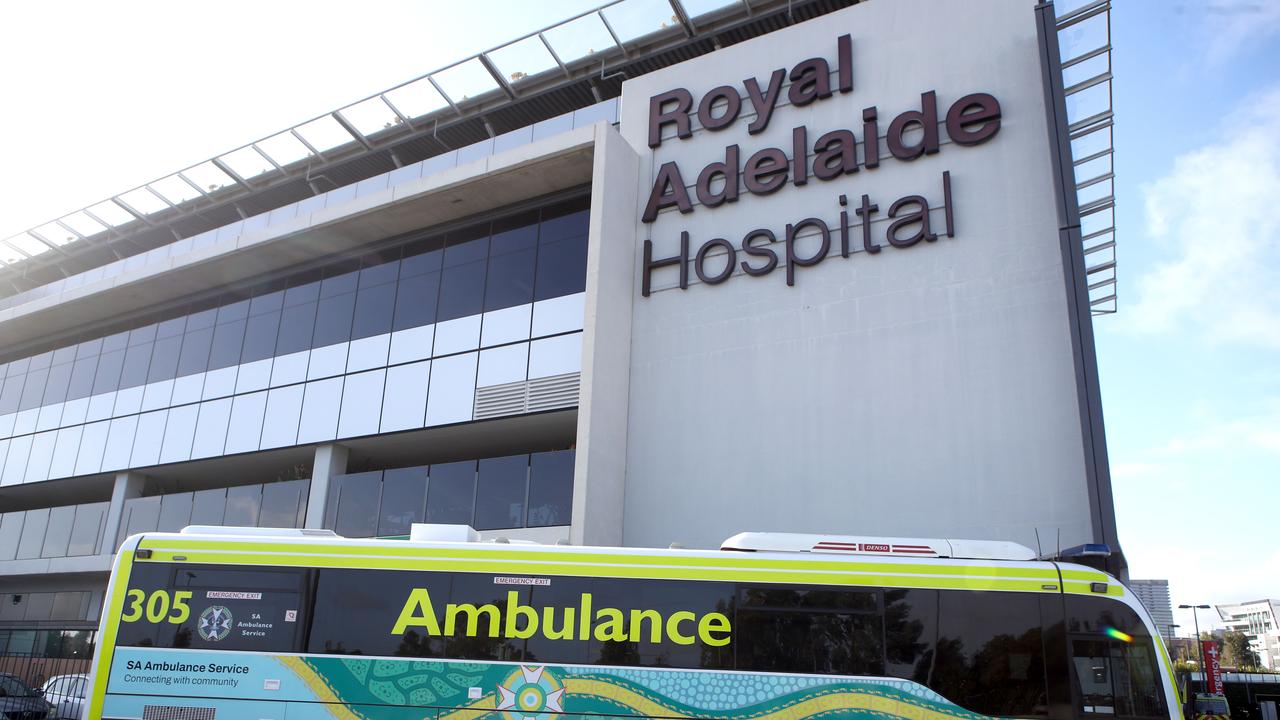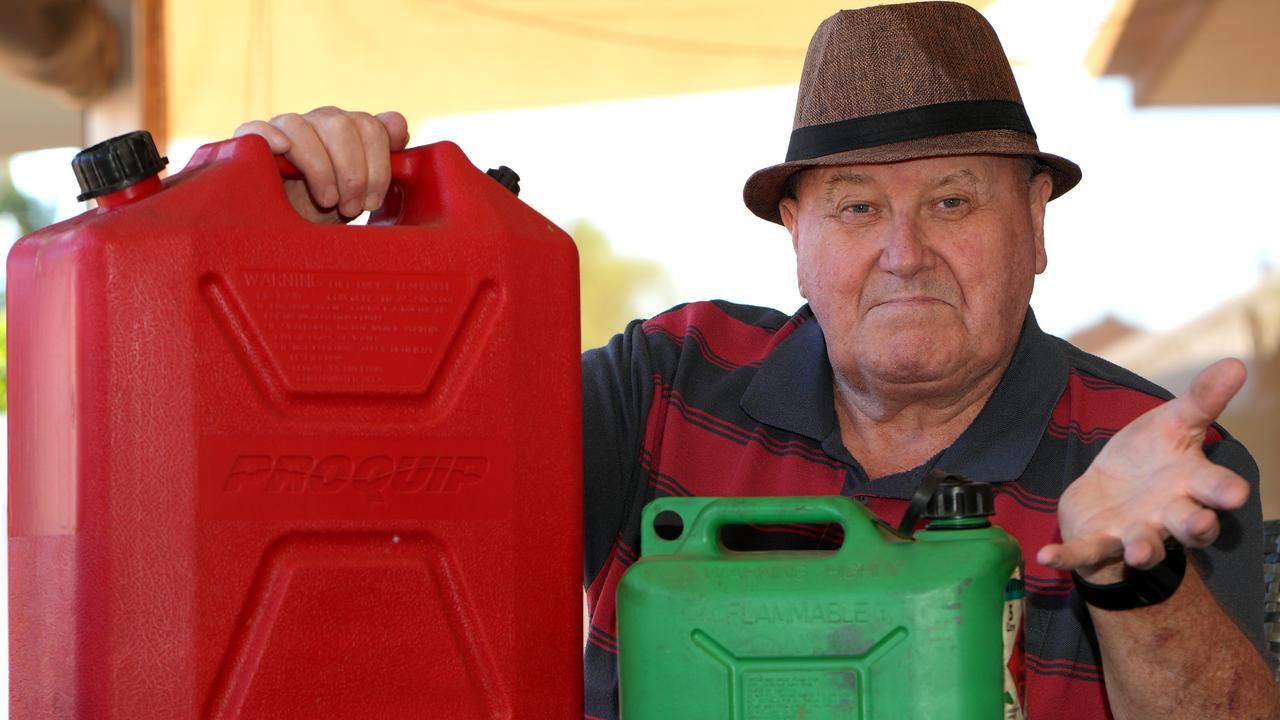YouGov poll reveals Greater Adelaide’s hot on climate action, habitat loss
A poll of Greater Adelaide has revealed how badly people want action to slow “severe to catastrophic” climate problems.
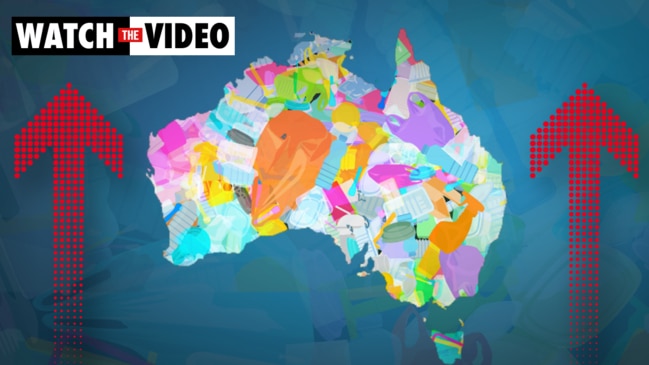
SA News
Don't miss out on the headlines from SA News. Followed categories will be added to My News.
Addressing Adelaide’s hotter, drier climate and stemming the tide of animal habitat loss, have been highlighted as South Australians’ biggest environmental priorities.
A YouGov survey of more than 800 people has found 46 per cent of respondents would class the danger scale for climate change in SA as “severe to catastrophic”.
In the lead up to next year’s State Election, they rated it as of higher importance than roads and transport, crime and infrastructure, but less important than health, the cost of living, economy and jobs.
About 27 per cent of respondents said Greater Adelaide’s hotter, drier climate, more prone to bushfires and droughts, was their top priority for action.
This was followed closely by the loss of native animals and their habitat (20 per cent).
Bureau of Meteorology senior research scientist Mika Peace said SA was in for a hotter and drier future with an increase in the intensity of weather systems that drove our worst fire days.
“There will be an increased frequency in heatwaves and also hotter maximum temperatures,” Dr Peace said.
“Warming is inevitable – it’s just a case of how much warming we see.
“There will be an increase in fire risk in the future with more intense weather systems.”
Dr Peace said council projects to increase green vegetation and canopy area would help reduce temperatures on the ground.
“Looking after our big old trees is definitely going to keep conditions in Adelaide cooler. The more big trees we have, the more we’ll mitigate the local warming trend,” she said.
Retired ecologist Craig Baulderstone lives on the edge of Belair National Park, and can vouch for the need to reduce the risk of more frequent and intense bushfires.
He volunteers in bush care programs at Belair and Scott Creek Conservation Park, which was decimated by the Cherry Gardens bushfire in January.
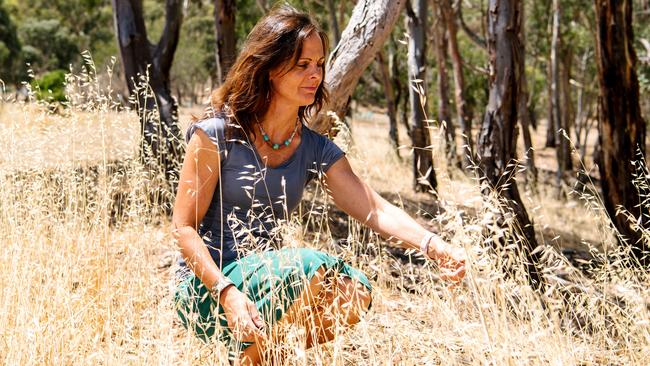
“If you drive up to Scott Creek it’s just devastating,” Mr Baulderstone said.
“You could look for kilometres and kilometres and there’s nothing. Because it was a slow burn, it burned everything to the ground.”
Apart from the deaths of countless animals, he is worried about the resulting loss of genetic diversity in the area’s species.
Mr Baulderstone said while moving to address its warming climate, SA must do a better job of controlling fuel loads through cool burns, and encouraging the growth of native plants over European species.
Matthew Flinders Fellow in Global Ecology Corey Bradshaw, of Flinders University, said
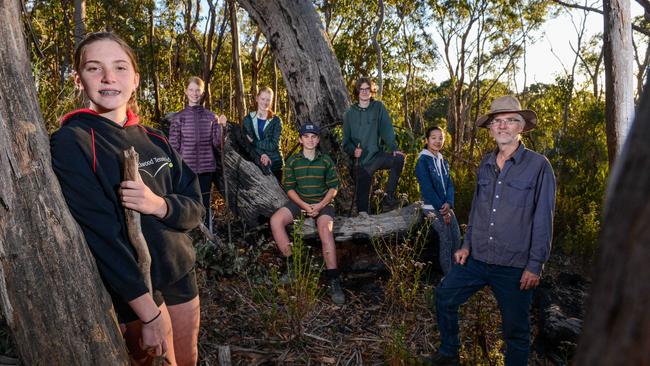
the state needed better measures to reduce habitat loss and protect areas where most animal and plant species live.
“We don’t have any protection in most of the areas where most of the species are and one of the main reasons for that is most of it is under private landhold,” he said.
“We still have a very strong legacy of deforestation.
“There’s probably less than 8 per cent of the original native vegetation in the Mount Lofty Ranges that was there at the time when the Europeans arrived, and we still have a bit of illegal clearing.
“We need to invest a lot more heavily in our environment and Environment Protection Authority – currently they’re running at less than one per cent of our total state budget.”
Better co-ordination of reforestation efforts was also needed, Prof Bradshaw said.
michelle.etheridge@news.com.au
More Coverage
Originally published as YouGov poll reveals Greater Adelaide’s hot on climate action, habitat loss



